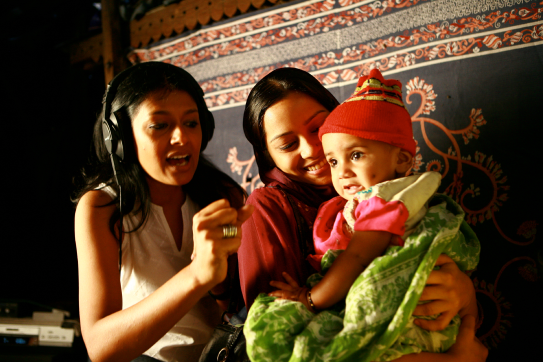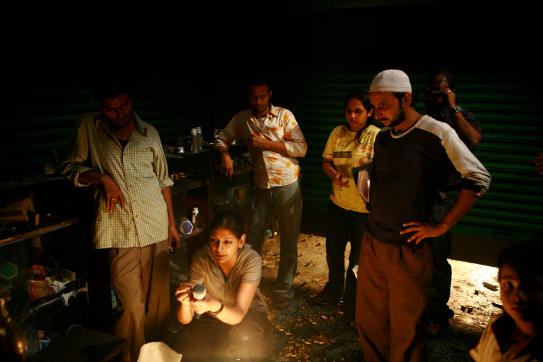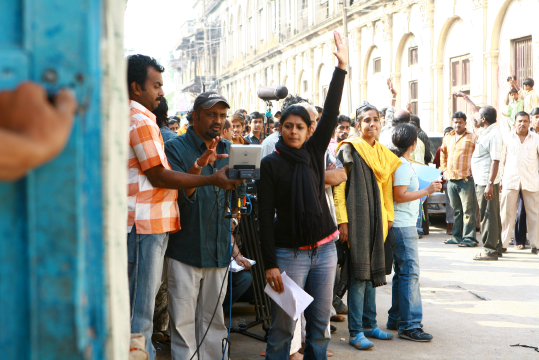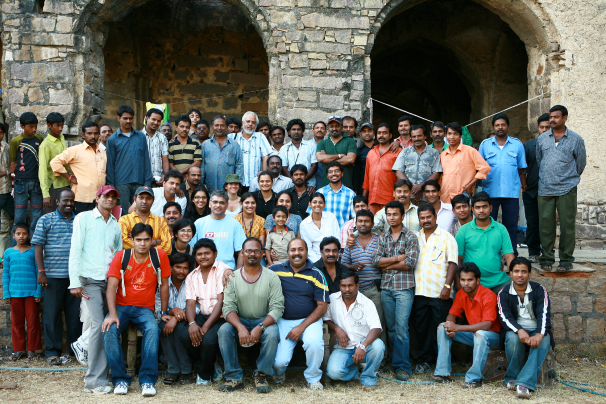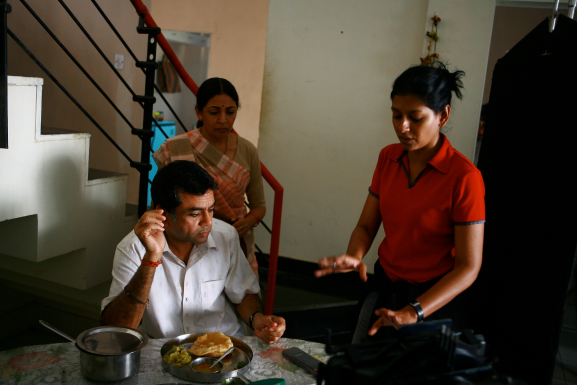Penny for my thoughts
- October 1, 2013
For a child, money matters little. For me, while growing up, it mattered even less. I never got pocket money, so did not have to worry about managing, spending or saving it. I never saw my parents having any financial considerations in the choices they made. Money was never a talking point at home. Also, words like career and success were not part of our vocabulary and all we were told was, “You do what you enjoy and enjoy what you do.” So far so good!
As I grew up and entered the world of work, I continued living the only way I knew, especially in the early years, when I was working with NGOs. I earned enough for my needs, which in any case were few. Then came the acting assignments. Initially, I couldn’t wrap my head around the fact that filmmaking itself was so much more expensive than anything else I had seen till then. I instinctively anchored towards stories with a social conscience, which, invariably, had to be made in much lower budgets. Despite that, my fees were far more than what I had earned before or what most people around me were earning. And that, too, for far less work! But had I not chanced upon the ‘market rate’, I would have been blissfully ignorant that I was one of the ‘cheapest’ actors amongst my peers!
Soon I was playing two simultaneous roles-that of an actor and of a social activist, for a lack of a better word. The film world saw me more as an activist, while the social sector saw me as an actor, inviting me more to garner media attention than as a fellow worker. I belonged to neither group, and in both, felt a bit like an outsider. But straddling the two worlds, which I am largely happy about, also revealed to me a fundamental paradox about work and money-the more you are seen as doing social work the less people are willing to pay for it. And yet it is exactly this kind of work that needs compensation for it to be sustained. Ironically, the same organisations have no qualms paying ‘celebrities’ for their ‘appearances’.
The penny really dropped when, about a year back, I was invited, along with three others from the film fraternity, to deliberate on issues of gender discrimination. As we were about to leave after the event, all three of them got an envelope. The cheque was very modest and would not have made any of them richer than they already were, but I did not quite understand why I was so ceremoniously left out. I could not resist asking, and was told that as I was an activist, and this they presumed was part of my job! And, moreover, I had not asked for it!
Though, to be honest, even when I have hesitatingly asked for an honorarium from those who have the ability to pay, they turn around saying, “You are only talking about things that are close to your heart!” Now, that I cannot refute. While financial considerations are never a deciding factor for me, it does not mean I want to be exploited. However, I have not been too successful in practising a ‘Robin Hood’ policy-charging corporates and others with funds, to be able to work pro bono with most organisations. Especially as I do so few films.
Lest this piece sound like a personal plea to be understood, let me clarify that I am only using this as an example to voice the dilemmas of many others. They, unlike me, are full-time activists, who dedicate their lives to making a difference, and often struggle with these issues. Most do not even complain, but I know, with some monetary compensation for their good work, they can sustain better and will only plough it back into the work they do.
It is paradoxical that I grew up not putting value to money, and today, I find myself venting out the need for putting value to it for the good work that many do, silently, and relentlesssly.

